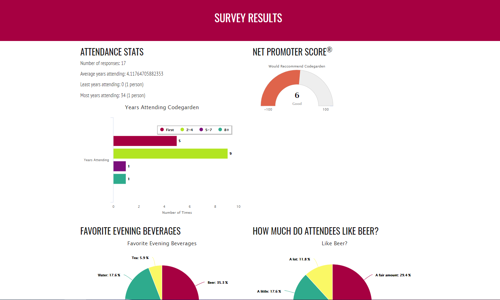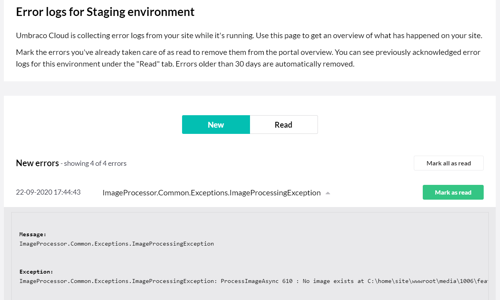Yesterday's On the Media program had a fascinating segment about the Associated Press cracking down on bloggers who post excerpts and link to their content. Here is a summary of the story. You can read the transcript or listen to the mp3:
Unfair Use?
July 18, 2008
When the Associated Press busted a little-known website for posting excerpts from AP stories, the blogosphere responded with indignation. After all, appropriating content with a link back to its source is common practice. Media scholar Siva Vaidhyanathan looks at the ongoing battle between blogs and the mainstream media.
Source: On The Media: Transcript of "Unfair Use?" (July 18, 2008)
So what gives? And should YOU be worried about blogging for your business? First of all, I don't think you should be giving up blogging just yet. You just need to be conscious of the best ways to go about it.
In regards to the Associated Press, perhaps your best bet is to link to the article in question in a smaller, local paper's website. These local newspapers are AP's customers and will appreciate the traffic your post will bring them.
The most important thing is to follow the basic blogging best practices as elucidated in the OTM story by their guest Siva Vaidhyanathan, the author of Copyrights and Copywrongs: The Rise of Intellectual Property and How it Threatens Creativity, and a professor of media studies and law at the University of Virginia:
You pick up enough text to get to the gist of the story to which you’re referring. You pick up the controversial part of a statement that you want to criticize. You make sure to embed it within a larger conversation of commentary. And all of that is classic fair use.
So most bloggers in most situations are actually, whether they know it or not, behaving according to the core principles of fair use. And that’s because fair use really does ultimately depend on common sense industry standards.
So, some quick tips:
- Don't copy & paste and entire story - Not only is this considered copyright infringement, but it makes for a really dumb blog post. You are supposed to be adding something to the conversation, or just pointing out something to your readers. There is no benefit to reposting content available elsewhere.
- Always include the relevant links back to source articles - so you needn't worry about #1, above.
- Include appropriate credits when applicable - the source, author, etc, can all give context to your citation.
- Have something meaningful to say that relates the content to yourself or your business - your readers are reading YOU for a reason. They will get more value if you can make it relevant to them.
So, keep blogging!








